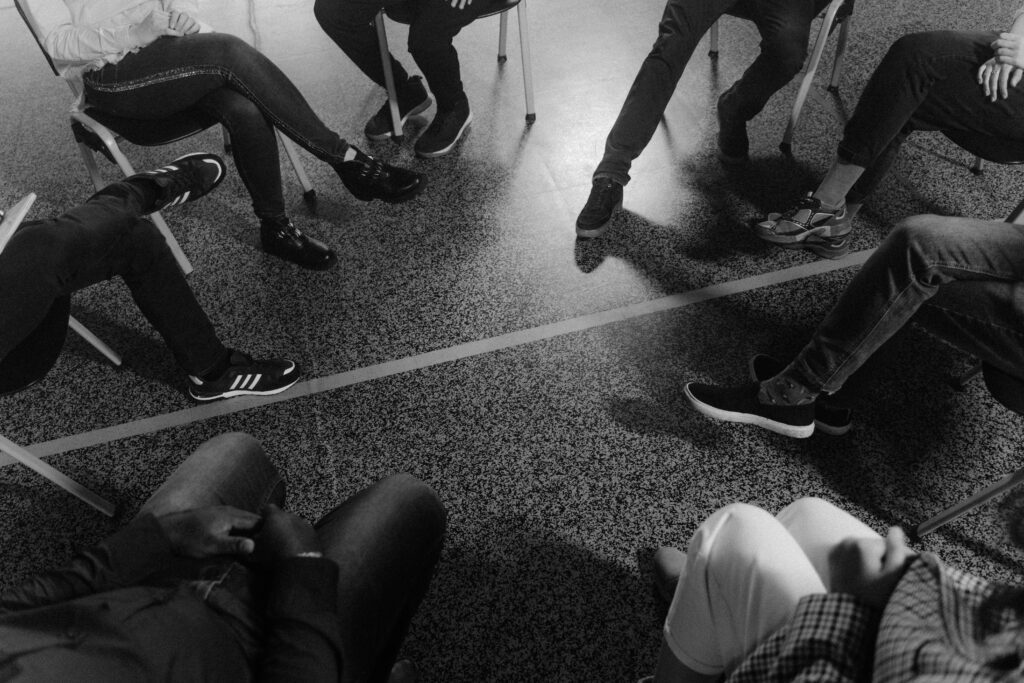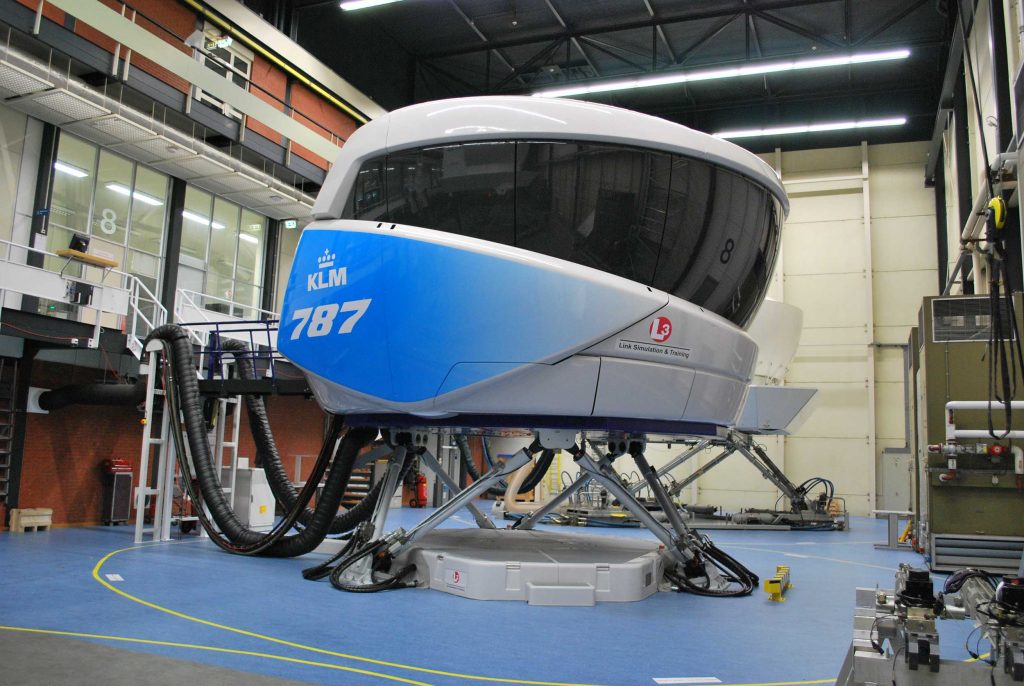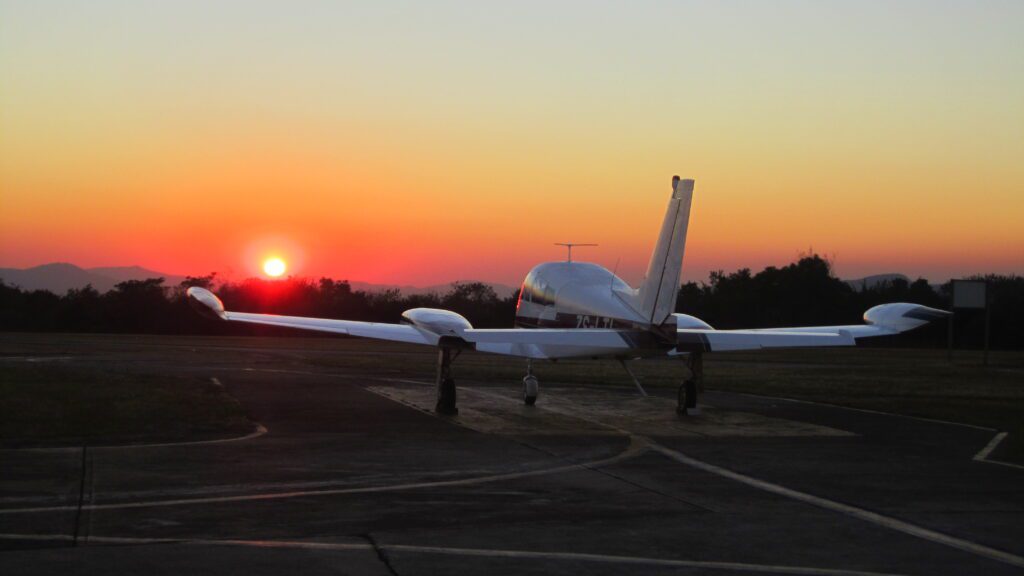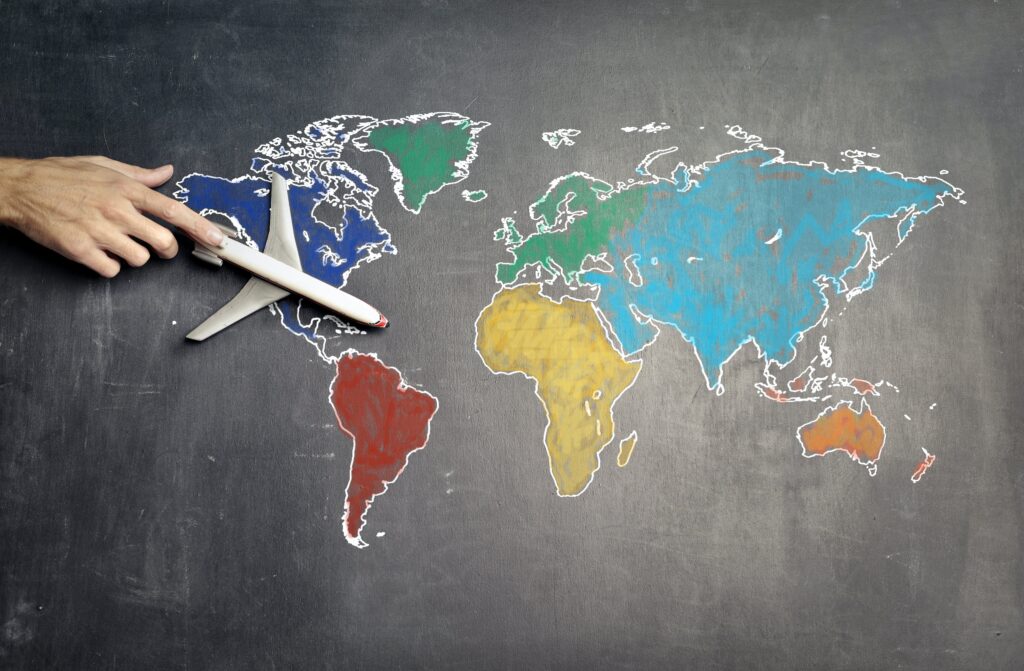Becoming an airline pilot in India involves rigorous preparation. Whether you’re a fresh CPL (Commercial Pilot License) holder or have a type rating, preparing for an airline pilot interview can be daunting. Here’s a complete guide to help you navigate the process and ace the interview.
- 1. Initial Exams for CPL Holders and with Type Ratings
- 2. Group Discussion Round
- 3. Aptitude Tests
- 4. Simulator Test
- 5. Psychometric Test
- 6. Research the Airline
- 7. Preparing Logbooks and Documents
- 8. Technical and HR Preparation
- 9. Crew Resource Management (CRM)
- 10. Presentation and Grooming
- 11. Medical Check
- 12. Stress Management
- Conclusion
1. Initial Exams for CPL Holders and with Type Ratings
For fresh CPL holders, many airlines in India have entrance exams to evaluate your technical knowledge and aptitude as part of the pilot interview. These exams cover aviation theory, flight planning, air law and navigation. These questions are based on the CPL level syllabus.
If you already hold a type rating, expect more type specific questions related to the aircraft you’re rated on like memo items and systems related questions.
Studying DGCA regulations, reviewing operational manuals and practicing mock tests can improve your chances of success. Be prepared for both written tests and oral examinations as part of this process.
2. Group Discussion Round
Indian airlines frequently include a Group Discussion (GD) round in their pilot interview process. This round evaluates your communication, critical thinking, and teamwork skills.

Topics for discussion may vary from general aviation knowledge to current events or hypothetical scenarios. Examples include and not limited to : ‘a famous historical crash and you have to discuss on how it could have been avoided.’ Or a role play where every person gets a role like Captain, First Officer, Engineer, Cabin crew, etc and then a scenario ‘due to an emergency, a diversion is required. Weather is marginal but above minima at alternate 1 which is close by but alternate 2 is CAVOK and further away. Delegates are on board and they do not want to divert. What do you do?’
Getting to a solution as a group is more important than being right.
To excel, stay calm, contribute thoughtful points and encourage others to speak. Airlines value leadership and the ability to respect differing opinions. So avoid dominating the conversation. Instead, focus on delivering well-structured arguments and demonstrating strong interpersonal skills. Think about the tone of your delivery, staying humble and avoid arguments at all cost !
3. Aptitude Tests
Many Indian airlines, including major carriers, use aptitude tests like the COMPASS test (Computerized Pilot Aptitude Screening System) or ADAPT (Aviation Aptitude And Pilot Assessment Test) for the pilot interview process. This test evaluates key skills like hand-eye coordination, multi-tasking and situational awareness, critical for a pilot’s role. Airlines use the results to assess not just your current aptitude but your potential to grow into the role of a professional pilot.
The COMPASS and ADAPT test include modules on spatial awareness, mental arithmetic and short-term memory. To prepare, practice online simulation tests that mimic real-world scenarios and focus on improving reaction times and decision-making skills. Airlines use these tests to assess whether you have the mental agility required for complex flight operations.
There are a few software available on the internet for you to download and practice. Albeit they are all mostly paid versions, so gather your friends to make this more affordable to practice.
4. Simulator Test
A critical part of most airline pilot interviews is the simulator test. This test assesses your technical flying skills, decision-making abilities and how well you handle in-flight emergencies. Airlines in India use simulators to gauge your proficiency in various flight phases, including takeoff, cruising, descent and landing.

If you are someone with a type rating or come with a background of abundant flying experience then this will be a compulsory test for you. Be prepared to demonstrate situational awareness and control of the aircraft, especially under simulated abnormal conditions like engine failure or turbulent weather.
For the non type rated, expect to show your aircraft handling skills for climbs and descents at particular airspeeds, steep turns, entry procedures for holding patterns and complete approaches along with IFR chart briefings.
If you are type rated then you may expect engine failure during take off, engine fire during take off, single engine go-arounds and pilot incapacitations. Along with other general maneuvers mentioned above.
5. Psychometric Test
Airlines now require psychometric tests as part of their pilot interview process. These tests evaluate personality, decision-making skills and emotional intelligence.
Expect questions on how you react under stress, your teamwork capabilities, and problem-solving skills. Practicing psychometric tests online can help familiarize you with the format and improve your time management.
My Psychometry test had over 600 Questions lasting several hours, where it becomes difficult to remember the “repeated” questions and answers.
Airlines want candidates who are stable, reliable, and capable of making logical decisions during high-pressure situations. These tests often have over hundreds of questions and have some questions repeated over its course which is designed to catch any untruthful answers.
6. Research the Airline
Before the personal interview, it’s crucial to research the airline you’re applying to. This includes understanding their fleet, operational structure, routes and any expansion plans. Each airline, whether it’s IndiGo, Air India, SpiceJet or Akasa, has a unique culture and business approach.
For example, while IndiGo is a low-cost carrier with a heavy focus on efficiency, Air India’s recruitment might prioritize global operations. Researching the airline’s core values and growth trajectory will allow you to tailor your answers to their expectations.
If this is your first job then its important for your know who are the people running the airline. Names of the CEO or promoters or Managing Directors. It’s good to know whether the airline wants their pilots’ primary thought process to be cost saving or passenger appeasement.
For example, there once used to be a famous question asked by certain airlines – “how will you as a pilot help the airline in saving costs?” Knowing the airline’s philosophy can help you formulate answer beforehand.
7. Preparing Logbooks and Documents
In India, all CPL holders must meet the Directorate General of Civil Aviation (DGCA) regulations and airlines are strict about document compliance. Ensure your flying hours are logged accurately, with all entries up to date. Carry your medical certificate (Class 1), licenses, recent flight experience records and any additional endorsements, such as RTR and FRTOL.
All your relevant documents will be asked for multiple times during the pilot interview process. So be organized and well versed with all your documents and their validity.
For foreign-trained pilots, it’s vital that you convert your licenses to align with DGCA standards. Pay attention to how many Pilot in Command (PIC) hours you have, as airlines often prioritize candidates with solid command experience. Click Here to read my blog about licence conversion.
Along with CPL related documents, be prepared with all other life documents as well. Such as your Passport, Pan Card, any previous Resignation letters, etc. I suggest to have multiple photocopies made and kept in an organized manner in a folder for easy access. Also have a digital copy of every document handy on your phone or on the cloud.
8. Technical and HR Preparation
Indian airlines usually divide the pilot interview process into technical and HR rounds. Technical questions will focus on aviation regulations, aircraft systems and meteorology. Be prepared to answer questions based on DGCA Civil Aviation Requirements (CAR) and operational topics like flight planning and navigation.
For example “how would you join a circuit pattern if the air traffic controller is not responding?”
For the HR round, airlines may ask behavioral questions to evaluate your soft skills, such as “How do you manage conflicts in a cockpit?” or “Tell us about a time you had to work under pressure.” Prepare structured answers using the STAR (Situation, Task, Action, Result) technique for competency-based questions.
The interviewers may try and intimidate you, repeatedly ask you the same questions or may pretend to not hear your answer or may not agree with your answer. Do not worry, stay calm, they do this only to test how you work under pressure.
Most importantly, do not lie ! Interviewers have been doing this for a long time, so yes they will know. If you do not know something, then just say that. Honesty goes a long way rather then getting yourself into a soup.
Here’s a book I absolutely recommend you get for good practice questions.
9. Crew Resource Management (CRM)
Crew Resource Management (CRM) is especially crucial in the airline industry, where pilots often work with multicultural teams. Your ability to communicate effectively, coordinate with others and maintain situational awareness will be tested.
During the pilot interview, emphasize examples of when you worked effectively in a team, managed cockpit communication or displayed leadership under stress. Airlines will look for traits like teamwork, leadership and your ability to maintain a safe flying environment.
10. Presentation and Grooming
Professionalism and presentation are key during any pilot interview. Most airlines expect male pilots to wear well-tailored suits, with clean grooming. While female pilots should also opt for formal, corporate attire. Personal grooming is equally essential – for example, hair should be neatly styled and shoes should be polished.
Given the shift towards online interviews, it’s important to prepare for video calls too— ensure you have a well-lit, quiet environment with a professional backdrop. Always speak with confidence but with humility and professionalism. Your attitude will score higher than knowing all the right answers.
11. Medical Check
After successfully clearing all rounds of the pilot interview process, airlines will conduct a final medical check to confirm your fitness to fly. This medical evaluation includes vision, hearing, cardiovascular and psychological assessments.
Keep in mind that health and fitness are an ongoing requirement for a pilot’s career, so maintaining your physical health is critical, not only for clearing the medical check but also for long-term success as a pilot.
12. Stress Management
The interview process for airline pilots can be lengthy, often spread over several days. It’s important to manage stress effectively. Regular mindfulness practices like deep breathing, visualizing success and staying hydrated can help keep you calm.
Mock interviews with friends or mentors are an excellent way to reduce anxiety. Practicing potential questions and reviewing technical materials thoroughly will give you the confidence you need to perform well under pressure.
Click Here to read my full story
Conclusion
Preparing for an airline pilot interview in India requires more than just technical knowledge – it demands thorough preparation in every area, from research and documentation to psychometric testing and group discussions. By following these steps and focusing on your professional presentation, communication skills and stress management techniques, you’ll significantly increase your chances of success.
Keep in mind that all the airlines follow their own processes which may include all of the above stages or a combination of a few in varying order. Ideally the airline notifies the pilot beforehand of all the stages expected.
Best of luck with your interview! With the right preparation, you’ll be well on your way to acing your pilot interview and starting your dream career in aviation.
These are of course just my opinions based on my experiences and gained knowledge. Differences in opinion are welcome.




